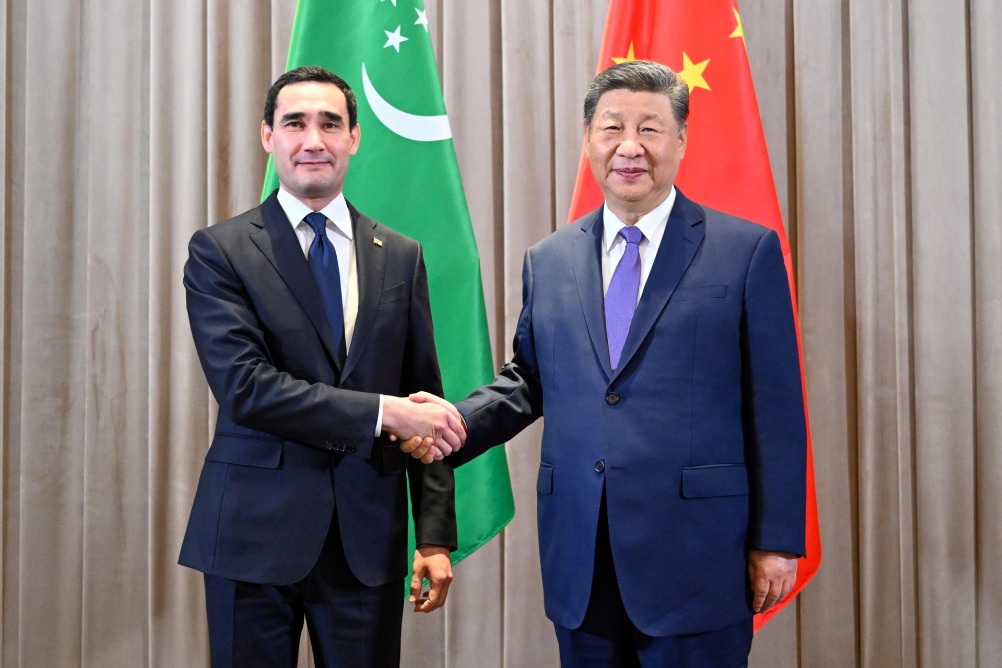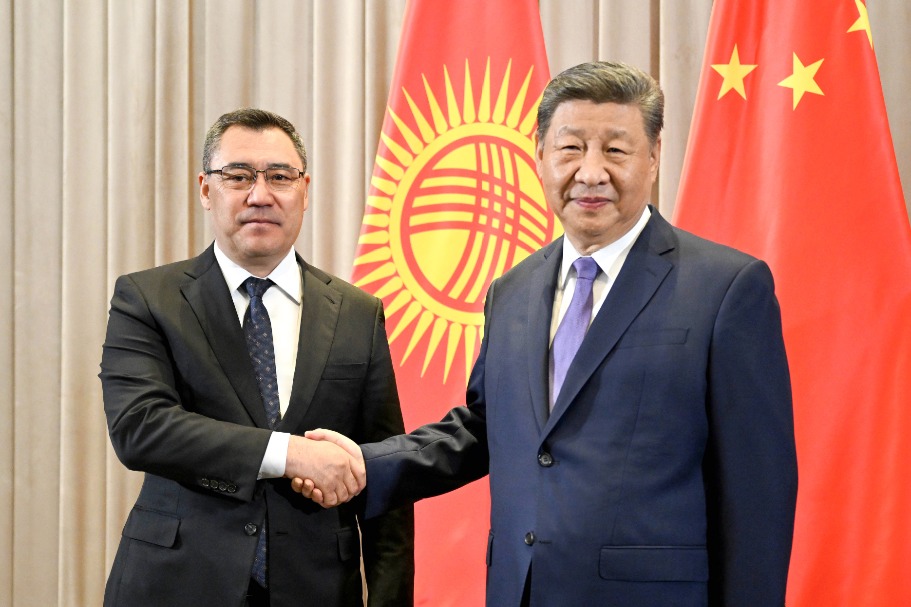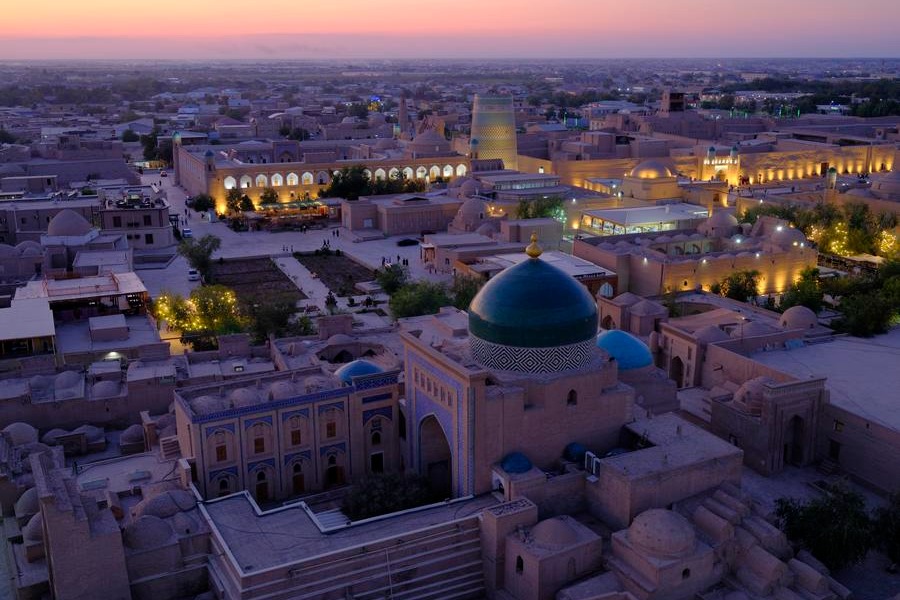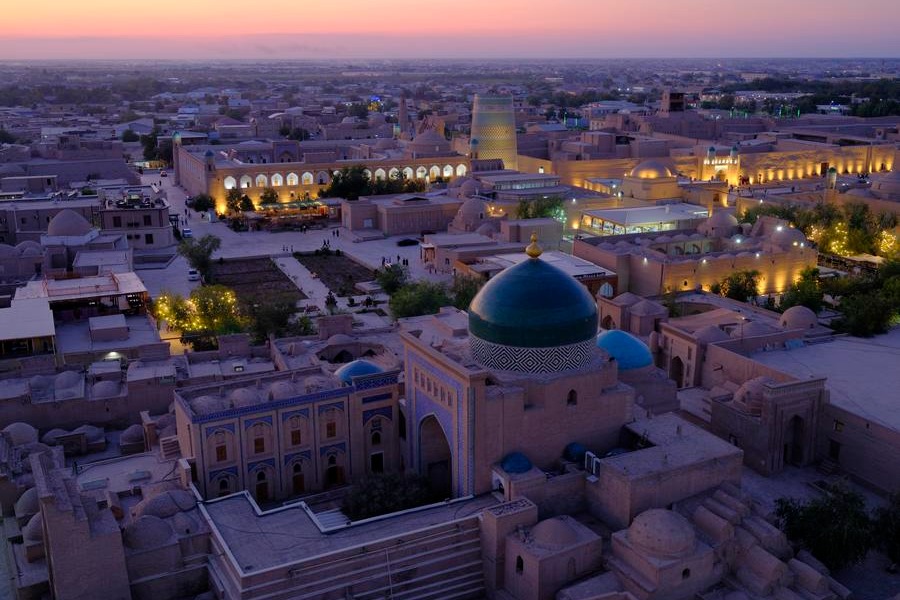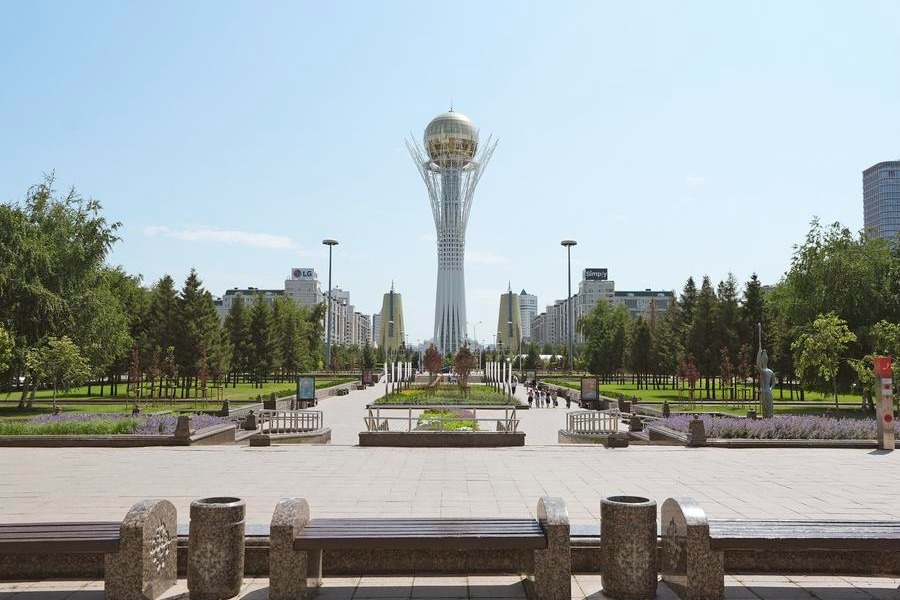Kazakhstan improves business conditions

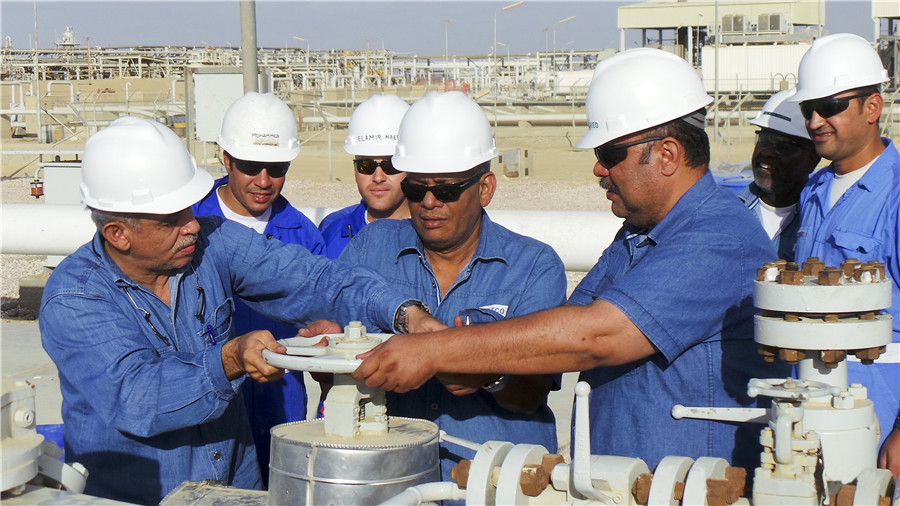
Kazakhstan is the largest and most resource-rich country in Central Asia. In 2016, Kazakhstan began mining at the largest field in recent years - Kashagan. But besides oil, Kazakhstan is ready to offer foreign business numerous contracts in various fields: from subsoil use to agriculture.
Kazakhstan, immediately after the collapse of the USSR, took a sharp start to the development of a market economy. And, unlike most states of the post-Soviet space, Astana did not conduct experiments with the gradual transformation of the economy. Therefore, 25 years after gaining sovereignty, this country is considered one of the most liberal for business throughout the former Soviet union.
In the past few years, Kazakhstan has embarked on the industrialization of the economy. This was an attempt to get rid of commodity dependence, which was most acutely felt during the recent economic crises. Despite the very substantial financial resources accumulated in the country ($63 billion of net reserves), the emphasis is on attracting foreign investors. Moreover, according to the country's leadership, it should be not only and not so much about financial investments, but about attracting competitive technologies and innovations to Kazakhstan.
It should be noted that integration processes in the post-Soviet space make Kazakhstan particularly attractive for investors. The sales market of the Eurasian Economic Area, which includes five countries (Kazakhstan, Russia, Belarus, Armenia and Kyrgyzstan), is about 180 million people. Including Russia, which after the start of the sanctions wars is closed for many companies from Europe and the US. The free movement of goods, works and capital, as well as the absence of customs and other additional barriers within the EAEU, is very important for producers who, for the most part, are oriented specifically toward the Russian market.
There is another important nuance that attracts investors to the country - its geographical location. Kazakhstan, located in the center of the Eurasian continent, has significant transit potential. Today, the North-South and West-East directions are developing in the country. The corridor within the framework of the new Silk Road “Western Europe-Western China” is already actively used. It allows you to ensure the delivery of goods from China to Europe and back for 14-15 days (compared to 45 days by sea). In 2016, a new Kazakhstan-Turkmenistan-Iran railway corridor was launched.
This was an important reason for the growth of investment in the republic in recent years. In the last 10 years alone, foreign direct investment rose to $327 billion, of which $15 billion came to the country in 2016 alone. (That against the background of the global crisis and the observed outflow of capital in emerging markets is a good indicator).
In addition, business in Kazakhstan attracts a number of advantages compared with neighboring countries.
First, there are clearly defined areas that the state is ready to open to investors. These are machine building, agriculture, food processing, retail and chemical industry. For investors in these areas, Kazakhstan provides a number of preferences.
The basic package of benefits for investors is exemption from customs duties and in-kind grants. In the priority sectors identified by the government, for investors with an investment of more than $13 million, an additional package of preferences is included: exemption from corporate income tax and land tax for 10 years, from property tax for 8 years. In addition, the Kazakh authorities guarantee cashback returns up to 30 percent of the capital costs spent on capital construction and the purchase of equipment.
It should also take into account the presence in the country of 10 special economic zones, which also provide exemption from all major taxes for 10 years (including customs duties and CIT), as well as free of charge (for the entire period of the FEZ of 25 years) provide land for construction summed infrastructure.
If special economic zones are more focused on large-scale production, then regional industrial zones represent platforms and preferences for small and medium businesses. The country has 42 such sites in all regions of Kazakhstan.
The country ensures the stability of investment contracts, fixed at the time of their conclusion. That is, any subsequent changes in national legislation (including in terms of tax rates and preferences) will not affect the investment contract. Their stability is also guaranteed, that is, at the time of concluding an investment contract with the government (investment committee), the investor fixes those rates, the conditions that are stipulated for him at the time he signs the contract and further changes in legislation regarding tax rates and preferences.
Kazakhstan also provides investors with the opportunity to attract their own (foreign) labor without special permits. It is possible to attract such workers for the period of construction of facilities and commissioning works.
Since 2016, Kazakhstan has been practicing a visa-free regime for representatives of a number of countries. Today, citizens of 56 states can enter the country for 30 days without obtaining a visa. At the same time, Astana, when choosing states to abolish a visa, chose not a political approach, but only the volume of attracted investments. Initially, this list was formed from those countries that most invested in Kazakhstan (the main donor countries are the Netherlands, the US, China, France, the United Kingdom).
Such reforms to improve the investment climate allowed Kazakhstan to increase its position in the World Bank's Doing Business - 2019 - the country ranked 28th, having risen by 8 positions in a year (in the Doing business - 2018, the country ranked 36th). And according to such an indicator as “reform”, Kazakhstan took one of the leading places in the world.
The Astana International Financial Centre (AIFC), which opened this year in the capital of Kazakhstan, is designed to give a big impetus to the development of the economy of all Eurasia. Its strategic partner and shareholder of the Astana International Exchange (AIX) is the Shanghai Stock Exchange (SSE).
In the updated Index of World Financial Centers (Global Financial Centers Index, GFCI), the AIFC ranked 61st out of 100, having moved from 88th position to it. GFCI is recognized by all market players as a universal indicator of the quality of work of global financial centers and is widely used when making investment decisions. It is updated twice a year – in March and September. In the September version of the rating, the authors upgraded the AIFC status from the Global Contender (the lowest status for the global center) to the Global Specialist (narrow specialization). The progress of the AIFC (plus 27 positions) was noted as outstanding, given that the Center has been operating since January 2018, and its official opening took place only in July of this year. Astana's neighbors in the Eastern Europe and Central Asia region took a lower position. Warsaw is on the 66th place, Istanbul on the 68th, Budapest on the 71st, St.Petersburg on the 80th, Moscow on the 83rd, Baku on the 95th.
Today, Kazakhstan is one of the most open countries in the world. Attractive geographical position, huge opportunities for investment in various areas of business, and full support of investors by the authorities guarantee successful development of entrepreneurship, both local and foreign. In the next two decades Kazakhstan intends to become one of the 30 most developed countries in the world. And, repeating the big leap of Singapore, it is quite capable of doing this. Especially by betting on investors who are ready to bring future technologies to the country. Fortunately for this there are all conditions.
The author is an observer on Eurasian economy based in Beijing
















